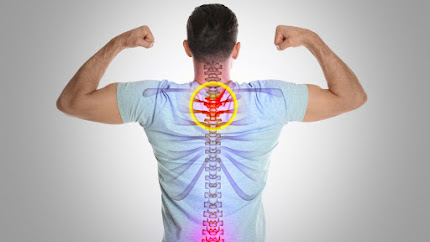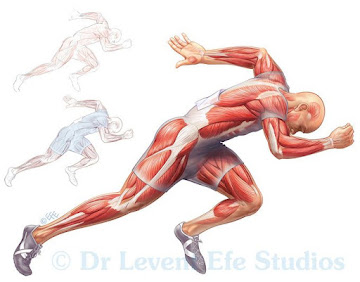Introduction:
Strong and healthy bones are essential for overall well-being and mobility. As we age, bone health becomes increasingly important to prevent conditions like osteoporosis and fractures. Fortunately, there are several strategies you can incorporate into your lifestyle to keep your bones strong and resilient. In this blog, we'll explore five tips for maintaining optimal bone health.
1. Eat a Balanced Diet Rich in Calcium and Vitamin D:
Calcium and vitamin D are crucial nutrients for bone health. Calcium helps build and maintain bone density, while vitamin D facilitates calcium absorption. Include calcium-rich foods in your diet such as dairy products like milk, yogurt, and cheese, leafy green vegetables like kale and spinach, and fortified foods like orange juice and cereals. Additionally, spend time outdoors to allow your body to produce vitamin D naturally through exposure to sunlight.
2. Engage in Weight-Bearing and Strength-Training Exercises:
Regular physical activity, particularly weight-bearing and strength-training exercises, is vital for bone health. Weight-bearing exercises include activities where your feet and legs support your body weight, such as walking, jogging, dancing, and stair climbing. Strength-training exercises, like lifting weights or using resistance bands, help build muscle strength, which indirectly supports bone health by stimulating bone growth and density.
3. Avoid Smoking and Limit Alcohol Consumption:
Smoking and excessive alcohol consumption can have detrimental effects on bone health. Smoking interferes with the body's ability to absorb calcium, while alcohol can interfere with bone formation and decrease bone density. Therefore, quitting smoking and moderating alcohol intake can significantly benefit bone health and overall well-being.
4. Ensure Sufficient Intake of Bone-Supporting Nutrients:
In addition to calcium and vitamin D, several other nutrients play a role in maintaining strong bones. Magnesium, phosphorus, vitamin K, and potassium are essential for bone health. Incorporate foods rich in these nutrients into your diet, such as nuts, seeds, whole grains, fish, fruits, and vegetables. A well-rounded diet ensures you receive a variety of nutrients necessary for optimal bone health.
5. Prioritize Bone Health Through Preventive Measures:
Beyond nutrition and exercise, adopting preventive measures can further support bone health. Avoid falls by ensuring your living space is free of hazards and using assistive devices if needed. Regular bone density screenings can help detect early signs of bone loss or osteoporosis, allowing for timely intervention and management. Additionally, consider discussing bone health with your healthcare provider, especially if you have risk factors such as a family history of osteoporosis or certain medical conditions
Conclusion:
Maintaining strong and healthy bones is essential for a fulfilling and active life, especially as we age. By following these five tips—eating a balanced diet, engaging in weight-bearing exercises, avoiding harmful habits, ensuring adequate nutrient intake, and prioritizing preventive measures—you can support your bone health and reduce the risk of osteoporosis and fractures. Remember, taking proactive steps today can help you enjoy strong and resilient bones well into the future.



.jpg)


.jpg)
.jpg)
.jpg)

.jpg)








.jpeg)

















.jpg)
.jpg)










.jpg)




